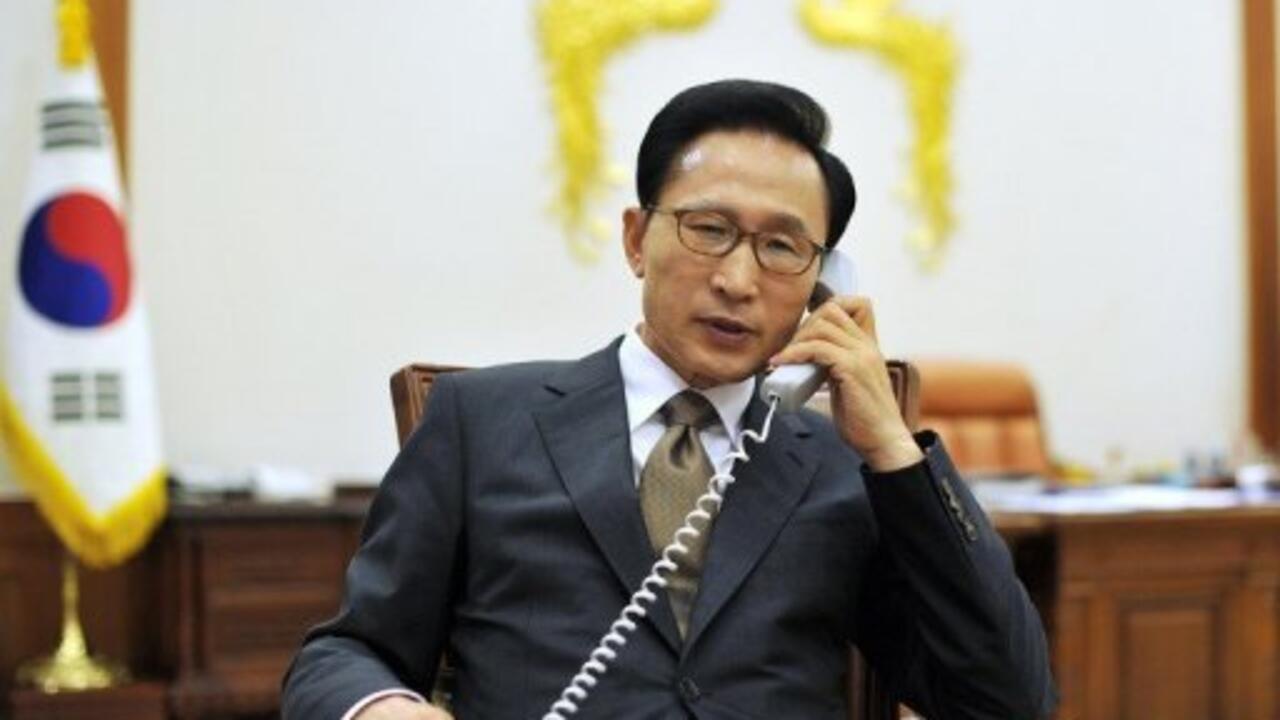SEOUL (AFP) – South Korean President Yoon Suk Yeol is facing a second impeachment vote on Saturday after his short-lived declaration of martial law last week.
He is far from the first South Korean president to see his rule descend into acrimony and scandal.
Here is a look at the downfalls of previous South Korean leaders.


Most notably, he was found guilty of taking bribes from Samsung in exchange for favours to the conglomerate’s then chairman, Lee Kun-hee, who had been convicted of tax evasion.
The former leader was pardoned by President Yoon in December 2022.
President from 2003 to 2008 and a strong supporter of rapprochement with North Korea, liberal Roh Moo-hyun killed himself by jumping from a cliff in May 2009.
He had found himself the target of an investigation into the payment by a wealthy shoe manufacturer of USD1 million to his wife and USD5 million to the husband of one of his nieces.
Military strongman Chun Doo-hwan, known as the “Butcher of Gwangju” for ordering his troops to put down an uprising against his rule in the southwestern city, agreed to step down in 1987 in the face of mass demonstrations.
He handed over power to his protege Roh Tae-woo.
Roh and Chun had been close for decades, first meeting as classmates at military academy during the Korean War.
In 1996, both men were convicted of treason over the 1979 coup that brought Chun to power, the 1980 Gwangju uprising, corruption, and other offences.
Roh was sentenced to 22.5 years in jail, which was reduced to 17 years, while Chun was condemned to death, a sentence commuted to life in prison.
They were later granted amnesty in 1998 having spent just two years behind bars.
Park Chung-hee was assassinated in October 1979 by his own spy chief during a private dinner.
The events of that night have been long a subject of heated debate in South Korea, particularly over whether the murder was premeditated.
Chun Doo-hwan and Roh Tae-woo, then army generals, took advantage of the political confusion to stage a coup in December 1979.
President Yun Po-sun was overthrown in 1961 in a coup led by army officer Park Chung-hee.
Park kept Yun in his post but effectively took control of the government, then replaced him after winning an election in 1963.
South Korea’s first president, Syngman Rhee, elected in 1948, was forced to resign by a popular student-led uprising in 1960, after attempting to extend his term through rigged elections.
Rhee was forced into exile in Hawaii, where he died in 1965.



